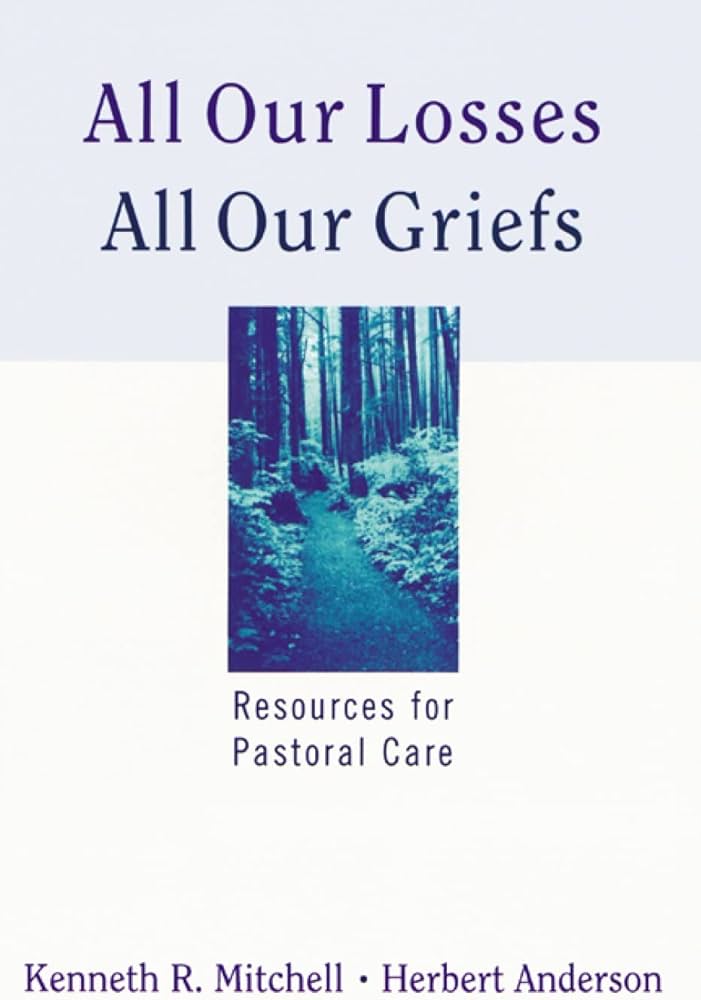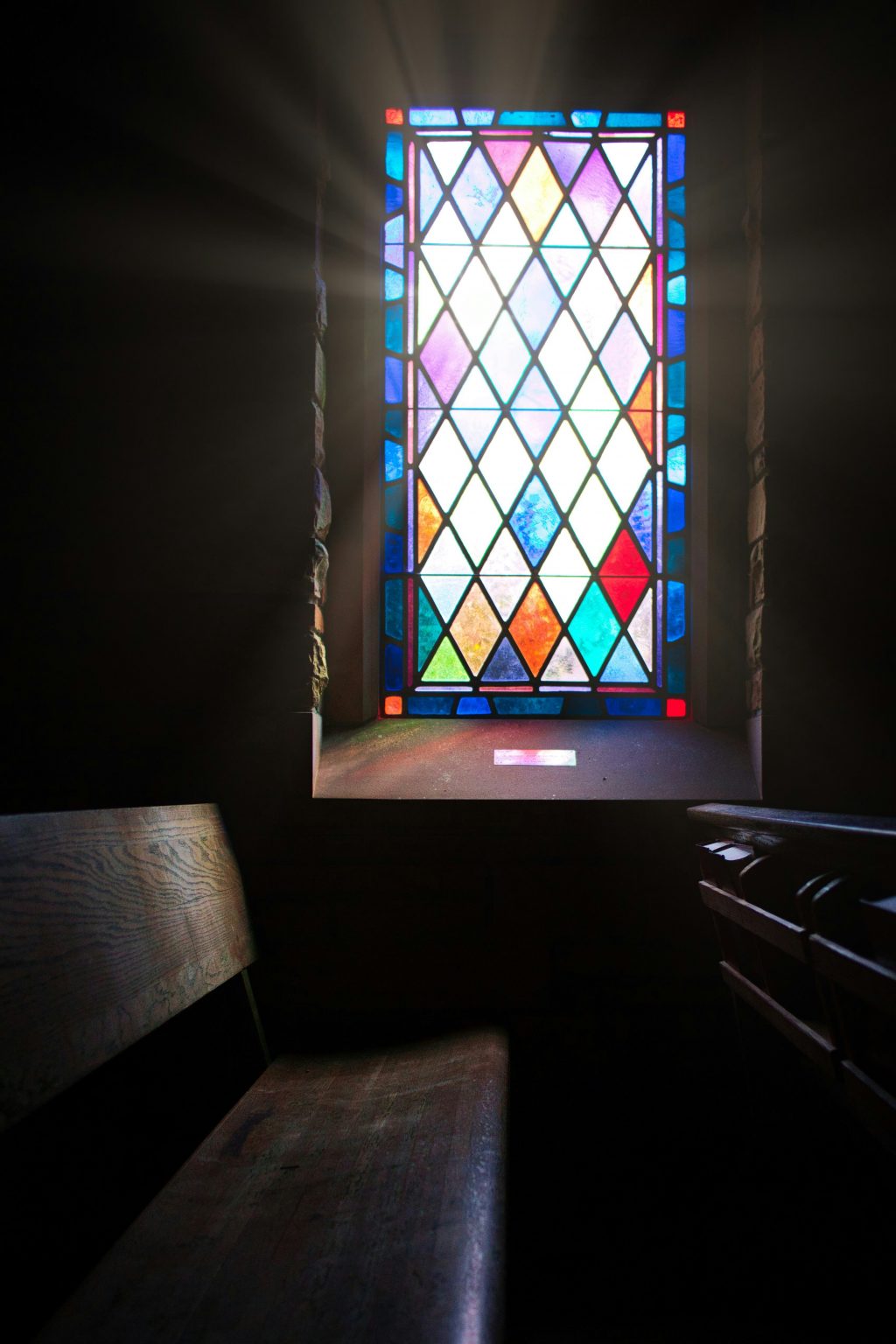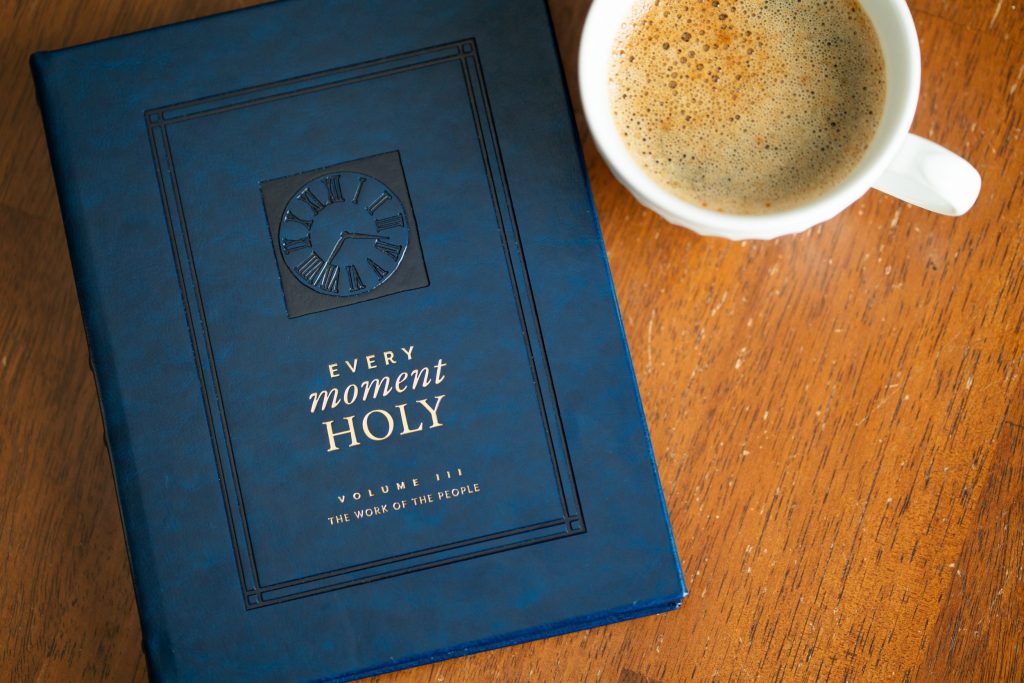
Joseph Park
Senior Chaplain
The Titanic, claimed as the unsinkable ship tragically sunk. In the 2023 Women’s World Cup, Australia’s Matildas were knocked out of the competition at the semi-final stage on home-ground. Nicolas Tesla, the man who invented the alternate current (AC) electrical supply died poor and reclusive. What do these all have in common? Broken dreams, and the loss of what it could have been. Imagine if the Titanic was still sailing around the world after her maiden voyage back in 1912. Imagine if the Matildas won the World Cup hosted on their home soil. Imagine if Tesla was just as famous as Thomas Edison – I have only heard of Tesla as the name of an electric vehicle. Imagine what could have been if all their dreams came to plan?
Mitchell and Anderson, the authors of ‘All Our Losses All Our Griefs: Resources for Pastoral Care’, called broken dreams an “intrapsychic loss”, along with five other losses we commonly grieve – material, relational, functional, systemic, and role. The authors point out that what we lose exists entirely within the self. It’s the loss of dreams – like a couple who struggles with fertility, disappointing results with a job application, or when the move to a new country or suburb did not turn out to be as one hoped.
In chaplaincy settings, we often meet people walking on the boulevard of broken dreams without knowing how to cope with despair.

We often see people dealing with shattered dreams by placing blame on others, turning to excessive drinking, indulging in retail therapy, binge-watching TV shows, isolating themselves, and overcommitting to work. However, some assert that dreams are merely illusions, emphasising the importance of reality and urging others to be more realistic. At the same time, we may encourage people to hold onto their dreams and never give up. As Christians, we may quote verses like Jeremiah 29:11 – “For I know the plans I have for you, declares the Lord, plans to prosper you and not to harm you, plans to give you hope and a future,” using it to provide hope and assurance that God has a plan for our lives. Nevertheless, I wonder if there’s a more effective way to address shattered dreams, rather than simply quoting a verse out of context to console ourselves. I wonder if Jesus has anything to say about this.
In Luke 24:13-35, there is a story about how Jesus walks alongside those whose hope is broken. Two disciples were on their way to Emmaus, about 11 kilometres from Jerusalem, after their hope of the Messiah who would redeem Israel (v21) was brutally crucified. What’s more perplexing is that some of their friends said they met an angel who told them that Jesus was alive. But none of them saw Jesus since Friday when he was buried. These two disciples had enough. It was too confusing and distressing, so they left to where they could withdraw from it all and, perhaps, move on with life, with reality.

Jesus encountered them as they were walking away from the place where their hopes had been shattered. Although they were kept from recognising him at first, he walked alongside them, asking insightful questions, providing guidance, and explaining the Scriptures. He even stayed with them and shared a meal. When the disciples later realised that Jesus had been with them all along and remembered how their hearts had burned within them as he opened the Scriptures, they hurried back to Jerusalem in the middle of the night to tell the other disciples that Jesus had indeed risen from the dead. Their vision of a Messiah who would deliver Israel had seemed to die with Jesus on Good Friday. However, God’s plan was far more significant—the risen Messiah who met them on the road would bring redemption not only to Israel but to the entire world.
There are important lessons from Luke’s story about dealing with broken dreams. First, take a long walk to give yourself space to process and reflect on what you’ve lost. Second, find a trusted friend, pastor, chaplain, or someone who can lend a listening ear without imposing their beliefs. Third, seek guidance from the Scriptures to understand God’s perspective on your hopes and dreams. Do they align with God’s plan for redemption? When supporting someone else coping with broken dreams, do the same: take a long walk with them, listen without judgment, and share a meal while searching for God’s purpose. Lastly, pray with them, perhaps using a prayer from ‘Every Moment Holy’, the prayer journal by Douglas Kaine McKelvey.

O Lord, Who Sees All Our Sorrow
In this moment of disappointment and heartache,
I come before you, acknowledging my brokenness.
You are the God who knows the depths of our pain,
Who has borne our griefs and carried our sorrows.
Meet me now in my suffering,
And hold me in your everlasting arms.
Though my dreams have shattered and my hopes are dashed,
I trust that your plans for me are good,
And that you will redeem even this sorrow.
Give me the strength to face each day,
The grace to accept what I cannot change,
And the hope to believe that joy will come again.
Heal my wounded heart, O Lord,
And restore unto me the peace that passes understanding.
In your unfailing love, I find refuge.
In your boundless mercy, I find comfort.
In your enduring faithfulness, I find hope.
Amen.
